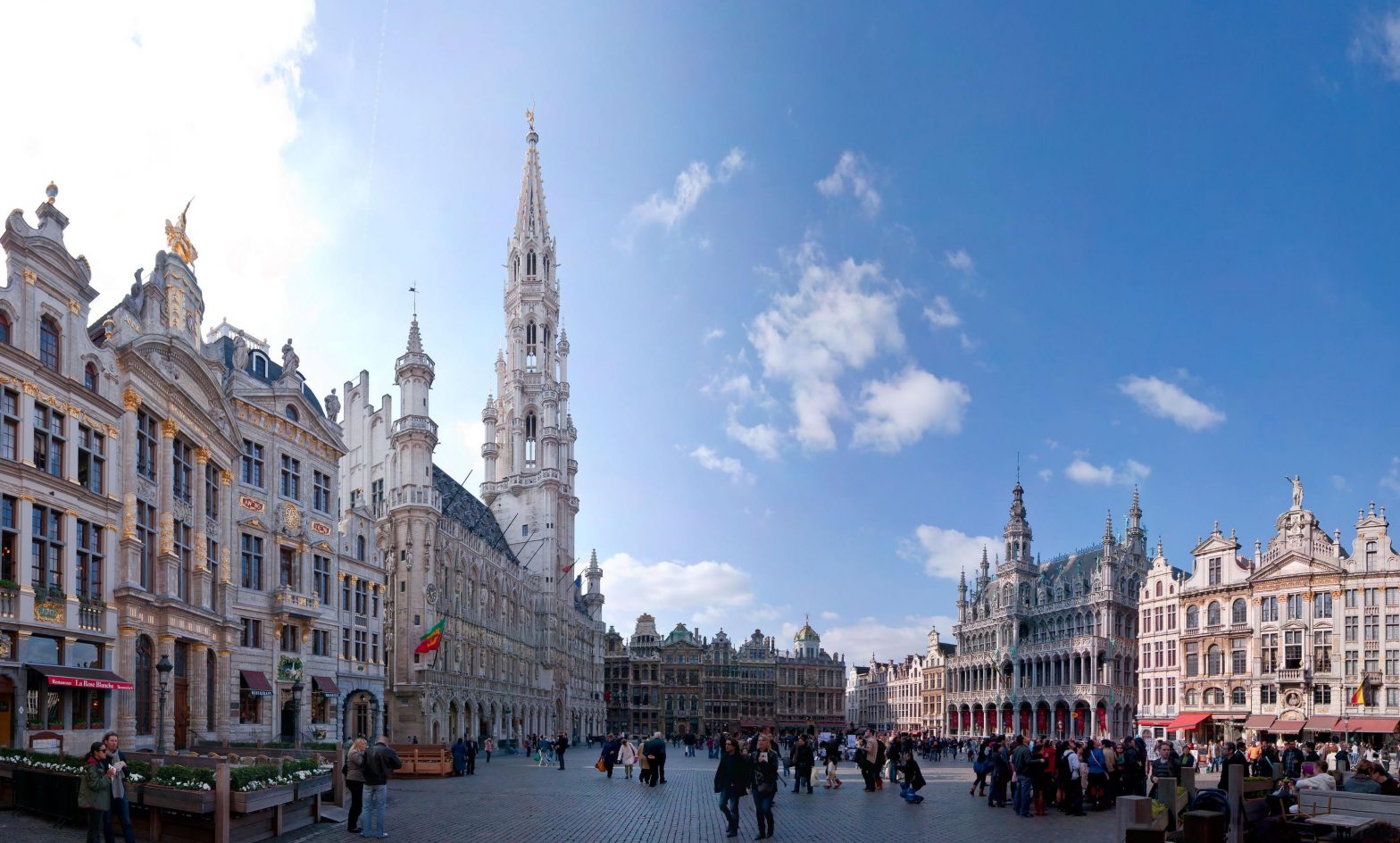It’s 8:45 a.m., and it looks like I’ll be late for work. This wouldn’t usually be the case—it’s only a five-minute subway ride to my stop, after all—but today the subway is closed. Barbed wire rings the side of the road, and armed guards—berets, machine guns, camouflage, and all—stand sternly at their posts. Another summit is underway in Schuman at the heart of the European Union, which means I need to go to the next subway station. I sigh, uselessly looking down at the watch hand lethargically making its way to 9. Just another day in the life of Europe’s capital city.
I’m working at the American Mission to the European Union in the Foreign Commercial Service for the summer. I’m just an intern, dispensable like the feature on fancy watches that tells you whether it’s day or night. I’m on the American side of things, where we look with a little disdain on our European counterparts, not because we want to but because it seems like what needs to be done. Work can be boring sometimes. Reading through European Commission regulations and Parliamentary directives is not exactly my idea of fun.
Brussels can often feel like a big, complicated, internationally sanctioned clock. Commission President Jean-Paul Juncker turns a gear, which then pushes cogs in the Directorates-General to produce legislation, which then prompts the Parliament to debate and debate and debate. The result passes through the Council, and then swings right back to the Commission. The seconds hand ticks forward. Europe progresses.
But life can also be exhilarating. Walking down the ugly, curvaceous buildings of the Commission feels like seeing history happen. “Who knows?” you think eagerly, “maybe they’re deciding the future of a continent in there.” The other day, taking a stroll downtown on a lunch break, I noticed some commotion by the British Embassy. Police, vans, military—the whole deal. Peeking over the array of gun barrels and car hoods, I thought I recognized one of the figures talking to a video camera, but I shrugged it off. No other bystanders seemed to care, so I didn’t linger.
I found out later that British Prime Minister David Cameron was in town for another summit, and he had dropped by the embassy for a cup of tea. My excitement at the news, however, seemed to fall on deaf ears. “It happens all the time,” my boss, an aging but spunky American woman, told me. “Did you say hi?”
I’ve never lived in a city where everyone wears suits all the time, and I’ve never had to pin a badge to my pocket to get clearance to cross the street, let alone get a cup of coffee. The atmosphere here is truly political, almost like the streets themselves make up the set of The West Wing. People are having conversations in dozens of different languages. One woman, dressed casually in a skirt and a jacket, might be an MEP for the Parliament, while another might be working for the Commission. Yet another might be a staffer for the Minister of Finance of the Czech Republic. Each one is another piece of the machine, some more integral than others but all infusing the city with a sense of direction, of forwardness, although it’s very possible no one knows what “forward” really means.
Between the tedious regulatory directives and parsing through Commission proposals, I read the news. All of a sudden, I’ll recognize the name of a building (“Hey, I live right next to that!”) or catch a preview of the week ahead. I read “Summit with European Leaders Resumes Thursday” and immediately know I’ll be late for work again.
The political intricacies of Brussels are palpable. They’re visible on the side of the road like street performers in any other city. Every week there’s something new to be discussed, and every week that second hand ticks forward. Where Europe is really going is hard to say. But now that I’m here as an outsider and an observer, it might be worth stepping back to reflect on it all, moment by moment. Why not? After all, the fate of a continent is being decided.

